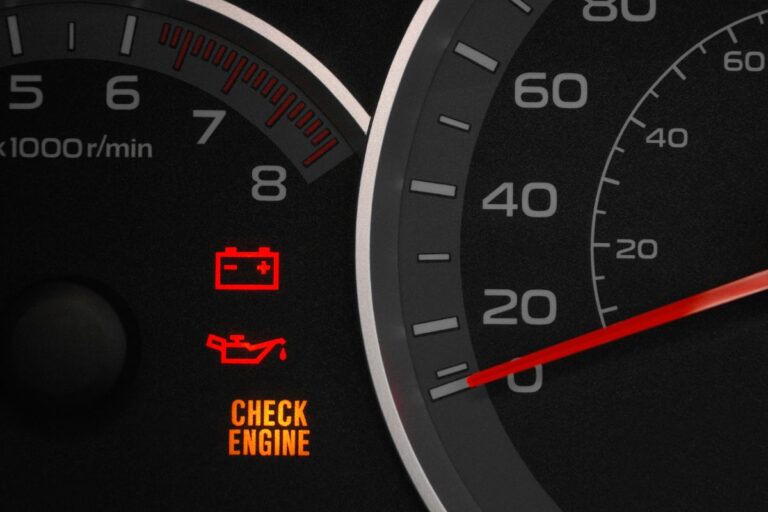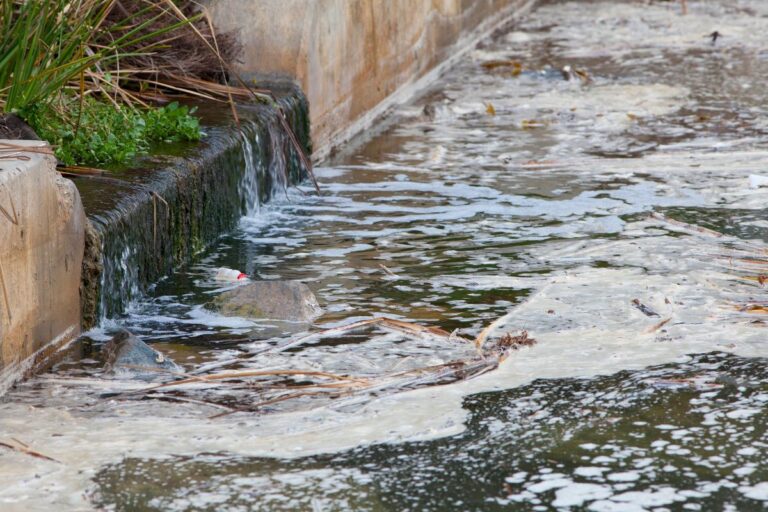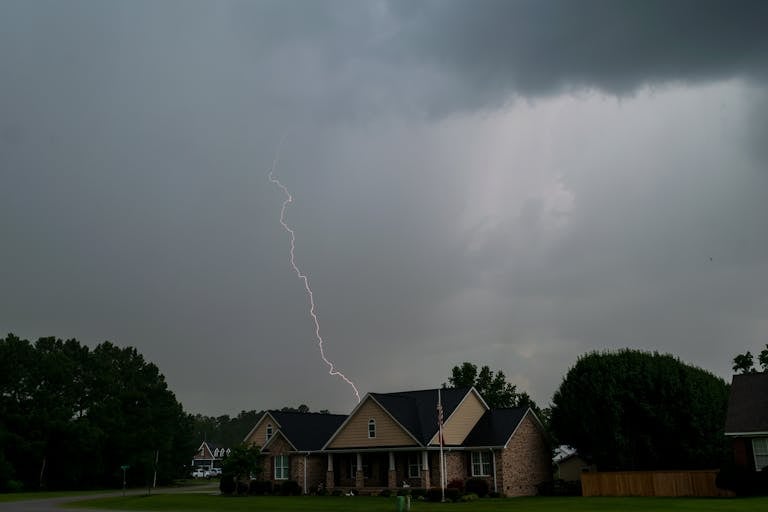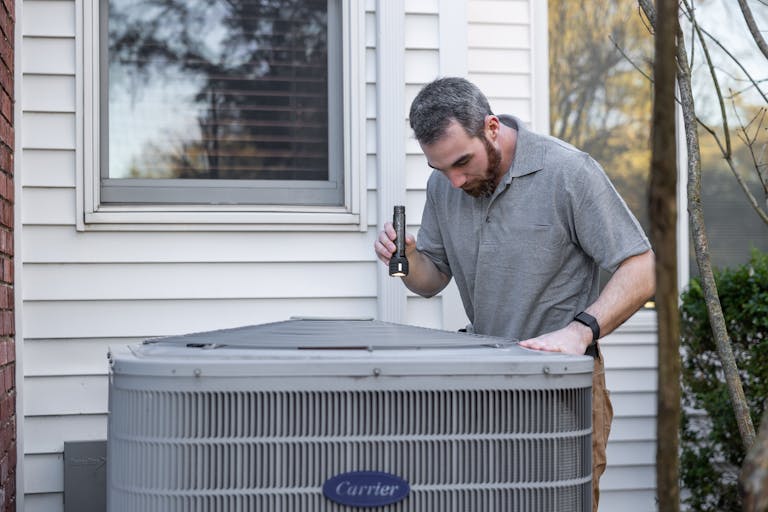Table of Contents
A Dream Vacation, Then a Nightmare Homecoming
A couple had been planning their anniversary trip for months. “We just needed to get away and reconnect,” they shared later. They never imagined their dream vacation would end with an insurance claim.
When they unlocked their front door after a week away, the sound that greeted them wasn’t peace or quiet. It was the unmistakable squish of soaked floors.
“When we opened that front door, my heart just sank,” the husband recalled. “The squishing sound under our feet… I’ll never forget it.”
They stepped inside and froze. Their beautiful oak floors – installed just last year – now curved upward like wooden waves. Picture frames on the entryway table were warped from the moisture in the air. And in the kitchen, the culprit waited quietly: their standalone ice maker, its small supply line still dripping onto the floor.
What should have been a joyful return became the start of a long, exhausting, and costly cleanup.
How a Tiny Leak Turned Into Major Damage
It’s hard to believe something as ordinary as an ice maker can bring down walls, but that’s exactly what happened here.
While the couple was away, the water line to their ice maker sprang a leak. Without anyone home to notice, water seeped across the kitchen floor, through the subfloor, and into the walls. By the time they returned, the damage was widespread.
“We left for vacation expecting peace of mind,” the wife shared later. “We came home to what would soon become weeks of repairs and disruption.”
They faced:
- Warped and ruined hardwood flooring
- Saturated drywall
- A weakened support wall that had to be completely replaced to ensure the home’s structural safety
The emotional toll was just as heavy as the financial one: the heartbreak of seeing their home damaged, the stress of coordinating repairs, and the disruption of living in a construction zone for weeks.
Sometimes the first 24 hours after discovering water damage can make the difference between a manageable claim and a nightmare scenario. Immediate steps like shutting off the main water supply, taking detailed photos, and contacting a water mitigation service can prevent additional damage and mold growth.
Why Standard Homeowners Insurance Helped — And Where It Might Not
The silver lining? Their homeowners policy covered this specific water damage scenario. While insurance is designed for sudden, unexpected events, many policies have different definitions and limitations when it comes to water damage specifically.
In this case, because the ice maker line broke suddenly and unexpectedly, their insurance helped cover:
- Removing and replacing damaged flooring
- Repairing the soaked drywall
- Rebuilding the support wall
- Water extraction and drying services
But there’s an important warning here. Not all water damage is covered.
Typically Covered vs. Not Covered Water Damage
| Usually Covered | Often Not Covered |
|---|---|
| Sudden pipe bursts | Gradual leaks over time |
| Accidental appliance overflow | Neglected maintenance issues |
| Storm-related water damage | Flooding from outside sources |
| Ice maker line failures | Sewer backups (without specific endorsement) |
If the leak had been considered gradual, something that happened over weeks or months without attention, the claim might have been denied as a maintenance issue. Similarly, if they hadn’t acted quickly to stop the water and mitigate further damage, their coverage could have been reduced.
“I couldn’t believe how much damage a little water line could do,” the homeowner mentioned during the claim process. “If we’d been gone even a few more days…”
Why Water Damage Happens When You’re Away
One of the biggest risks for water damage is an unoccupied home. While you’re away, small problems have time to turn into full-blown disasters.
Common culprits include:
- Ice maker or refrigerator supply lines
- Washing machine hoses
- Water heaters
- Toilet supply lines
- Dishwashers
Even a tiny crack in a supply line can flood your home in days, not weeks. The longer it goes undetected, the more damage it causes, often spreading to walls, floors, and even the home’s structural elements.
How to Protect Your Home Before Vacation
Insurance professionals recommend these steps before traveling:
Turn off the main water supply
Before leaving on long trips, locate your home’s main water valve and turn it off completely. This single step can prevent catastrophic water damage.
Install water sensors or leak detectors
Modern smart water sensors can alert your phone if moisture is detected, allowing you to respond quickly even when away from home.
Inspect appliance hoses regularly
Replace any hoses showing signs of wear or cracking. Most manufacturers recommend replacing washing machine hoses every 3-5 years, even if they look fine.
Check your insurance policy
Understand what types of water damage are covered and what exclusions may apply. Consider additional endorsements for sewer backup or water damage.
Many homeowners discover too late that their policy has exclusions or limitations for certain types of water damage. A preventative conversation with your insurance agent before a trip can provide clarity and peace of mind.
As many insurance professionals note, peace of mind doesn’t just come from insurance, it comes from preparation.
For more tips on protecting your home, the Insurance Information Institute offers comprehensive guides on preventing water damage and understanding your coverage options.
Key Takeaways
- Standard homeowners insurance often covers sudden and accidental water damage, including burst pipes or appliance leaks
- Gradual leaks or maintenance-related damage are typically not covered — early detection is key
- Unattended homes are at higher risk, so take preventive steps before leaving on vacation
- Review your policy with your agent to make sure you have the right protection in place
What To Do Before Your Next Trip
Planning your own getaway soon? Before you pack those suitcases, make sure your home is protected while you’re making memories. A quick conversation about your water damage coverage could save you from coming home to a disaster like this one.
Related Articles You Might Find Helpful:
The One Home Insurance Add-On That Can Make or Break a Water Claim — Learn why a simple endorsement can protect you from costly water backups
5 Home Maintenance Tasks That Could Save You Thousands in Damage
Frequently Asked Questions About Water Damage
Does homeowners insurance cover water damage from an ice maker?
Most standard homeowners policies cover sudden and accidental water damage from appliance failures, including ice maker supply lines. However, coverage may be denied if the damage resulted from gradual leaks or poor maintenance.
What should I do immediately after discovering water damage?
Immediately shut off the water source, document the damage with photos and videos, remove valuable items from wet areas, and contact your insurance company. Then call a water mitigation service to begin drying the affected areas as quickly as possible.







